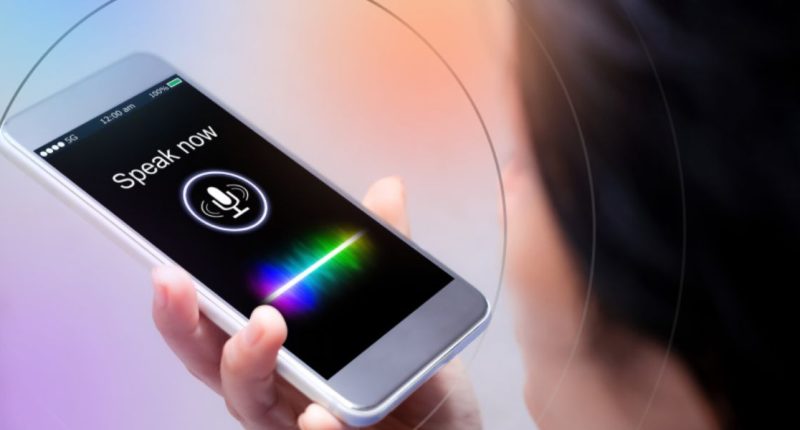A pioneering study could reshape the future of preventive health care as researchers at Royal Holloway, University of London have launched a revolutionary study to develop an artificial intelligence (AI) tool capable of predicting the risk of type 2 diabetes through voice recognition.
The project aims to utilise vocal biomarkers for the early detection of prediabetes and type 2 diabetes.
The study builds on a successful Innovate UK-funded collaboration between Royal Holloway and DDM Health to develop voice-based symptom monitoring.
By analysing short voice clips, the AI tool seeks to identify unique vocal characteristics indicative of type 2 diabetes risk.
If successful, this would be a significant leap forward in non-invasive health screening methods.
- Study seeks Long COVID sufferers to enhance rehabilitation with AI
- Patients prefer ChatGPT responses over doctors’ responses
- Playing a musical instrument can boost brain health and improve memory in older age
The study is calling for volunteers to contribute to this cutting-edge research, promising a straightforward and non-invasive participation process.
Individuals over 18 years of age and able to give informed consent are able to join.
Participants will be asked to submit a brief voice recording through a web form engaging in simple tasks such as counting numbers at varying speeds and pronouncing vowels.
This approach ensures the study’s non-intrusive nature, prioritising privacy and confidentiality.
Broader impact
This research underscores the potential of AI in healthcare, opening up new avenues for non-invasive disease detection and management.
As this innovative study progresses, Principal Investigator Zhang Li and the team are keen to engage with potential participants and stakeholders interested in being part of this groundbreaking research.
This project is a transformative power of AI in healthcare – where the early detection and prevention of type 2 diabetes may be as simple as speaking into a microphone.




